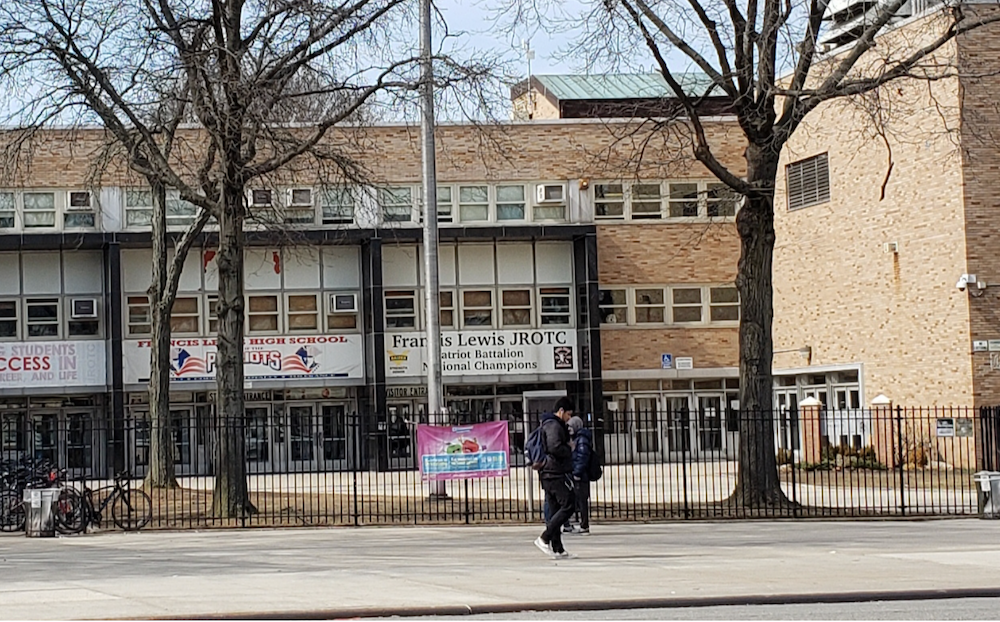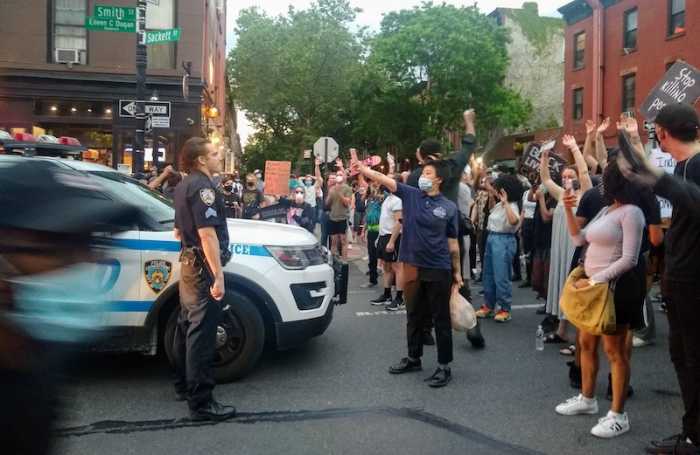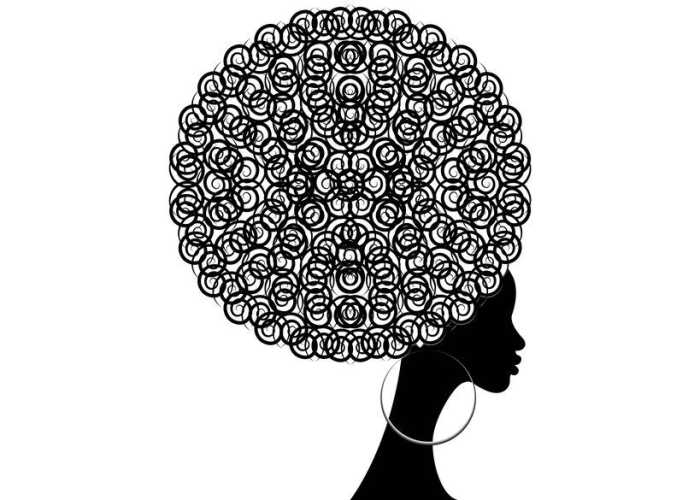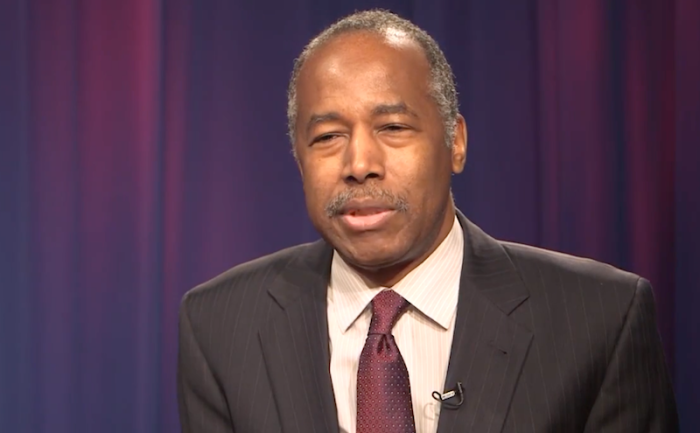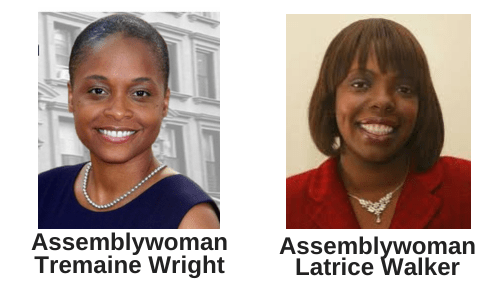Ever since I was young, I’ve seen black deaths be splattered across the TV screen. I’ve always taken it as a huge privilege to not ‘care’, ‘worry’, or be bothered by social issues. With the rise of the Coronavirus, kids have been home longer than ever. They’ve been glued to their phones, magnified to their TVs, and attached to every electric device they could get their fingers on. During quarantine, there has also been an outburst of hate crimes, social justice issues, class issues, and mourning communities. With the combination of excessive phone and social media usage and social justice issues being brought to the table– are teens feeling the pressure?

On March 11, 2020, the World Health Organization (WHO) declared COVID-19 a global pandemic. It’s not an understatement to say, all across New York City, millions of families began to freak out. Thousands of concerned and worried parents pulled their kids out of school, and shortly after, all New York City Public Schools were closed. Like myself, and many other New York City students, we all considered the week off after the announcement, a short and easy break. We all thought we would be back at school the next week– we were all wrong. That week turned into another week…and another week…then an entire two months. Students were constantly on their devices, either doing schoolwork or swiping endlessly on TikTok and other social media platforms.
Teenagers constantly being on social media wasn’t unheard of, but this was a crazy amount. Teenager’s screen times ranged from 10 hours to 24 hours a day. Not only were mental illnesses, eating disorders, and home challenges starting to respawn and disrupt kids’ lives, it was election season. You didn’t have to be a teen involved in politics to feel the heat of the 2020 election. Teenagers were seeing up close their parent’s rage and disgust with politicians. Many of which hated Donald Trump. Memes, videos, and social media posts often were about Trump during his presidency, so teens weren’t too unfamiliar with him even if they weren’t always involved in politics. There were thousands and millions of videos, comments, and retweets made about Donald Trump. He was the first president to use his social media platform in such an un-politically-correct way. On March 16, 2020, he tweeted, “The United States will be powerfully supporting those industries, like airlines and others, that were particularly affected by the Chinese Virus. We will be stronger than ever before!”. That is one of the many tweets Trump made referring to COVID-19 as the “Chinese Virus”. Trump’s repetitive harmful language caused uproar in minority communities. During his presidency, he was infamous for being extremely racist and “unfiltered”.
The beginning of the 2020 election is what sparked a lot of interest in modern-day politics amongst teens. Teens from marginalized groups and allies started to heavily involve themselves in social justice issues, campaigning against Trump, keyboard fights, debates, and activism. This is what mattered most for unprivileged teens. We were repeatedly seeing racism, homophobia, xenophobia, antisemitism, transphobia, and misogyny splattered all over our phone screens. Then, on May 25, 2020, George Floyd was murdered. An innocent black man, completely within his rights, was knelt on by officer, Derek Chauvin, over an allegedly fraudulent $20 bill. This is when the world burst into flames. Black Lives Matter protests were the center of attention in every single crevice of America. Communities from all over the world came together to not only protest the unjust killing of George Floyd but the thousands of black people who have fallen victim to police brutality. Enough is enough. Millions of New Yorkers took their homemade posters to the streets. “This is what democracy looks like!” was chanted in Manhattan. Echos of protest chants rocketed throughout the streets. It didn’t matter if you were poor, old, young, queer, straight, black, white, trans, or cis, everyone came to show support for the black community. In June, it was taboo to post content that didn’t center your support for Black Lives Matter. Info-graphics and informative videos were in every corner of social media. Could this be detrimental in the future? Sloppy, forced, and performative activism arose and worsen. Black squares were posted in “support” of the movement. Brutal and graphic trauma porn videos were mass-posted and spread. As a black American during this time, I was starting to feel heavy discomfort after having to see repetitive black deaths on my phone screen. There was no escape.
I believe this is where we went wrong. Teenagers were just posting everything related to the cause without trigger warnings or properly reading articles. People were starting to mindlessly post infographics without reading them. This was the “new activism”. It’s an amazing thing New York kids are getting more involved with current events and social justice. We live in a melting pot of cultures and need to support each other, but because of social media “activism”, we have created a toxic positivity chamber. There is this undeniable pressure amongst progressive teen spaces to constantly be reposting everything we see. This is not activism. Activism is not simply a box or a hole you can check off or fill. Activism is making real-life connections through sympathy and love. Activism is not artificial change. I fear if this conversation doesn’t open soon, we could lose valuable youth voices. We need to regain the authenticity our generation is known for.
Teenagers shouldn’t feel this toxic pressure to be constantly talking about politics because our politicians, parents, and elders can’t help us. Activism centered around social media creates trends out of what is supposed to be real change. We are the future of the world but that doesn’t mean we can’t take a much-needed break from now and then. We can’t restore justice in the world if we aren’t taking care of ourselves first. If we change the culture of how “activism” is done, we will create a more authentic and progressive space. This is how real change can be brought to life.
Ashley G. Petgrave is a social justice youth activist and high school student at Francis Lewis High School. She is 15 years old and is a teen writer from Queens, NY.
Editor’s Note: It is the policy of PoliticsNY to post all op-eds it receives with the exception of blatantly hateful and derogatory op-eds along with some exceptions during election times. In this case, we will take up to two op-eds per candidate until May 10, and generally will not post op-eds from supporters of candidates. The op-eds do not reflect the views of PoliticsNY.


